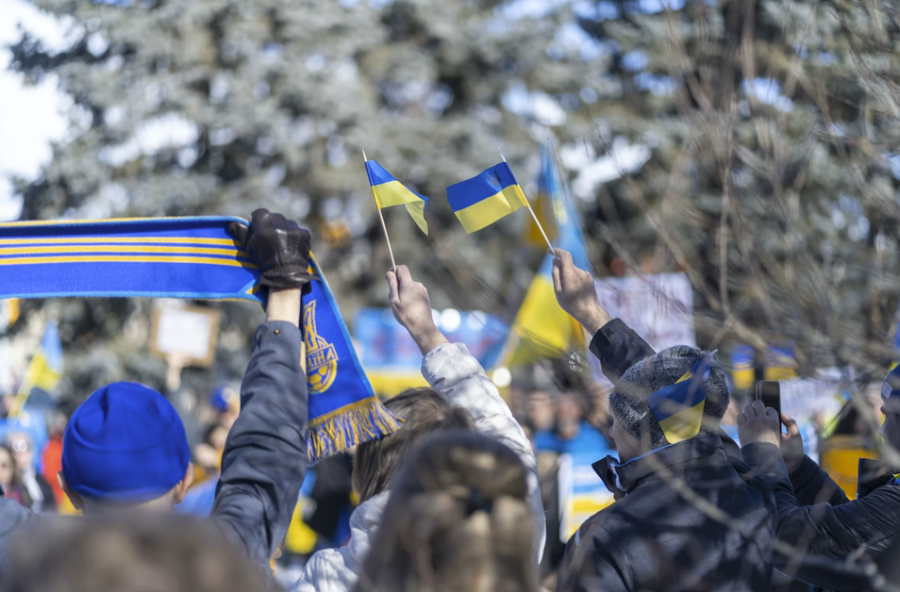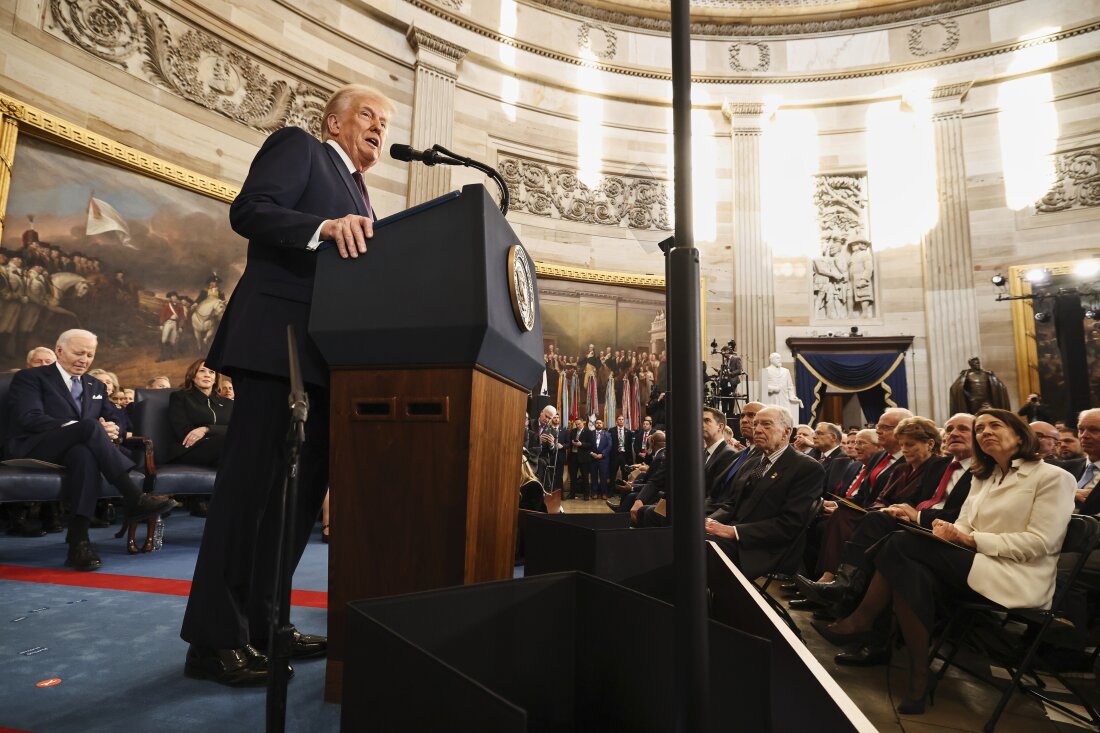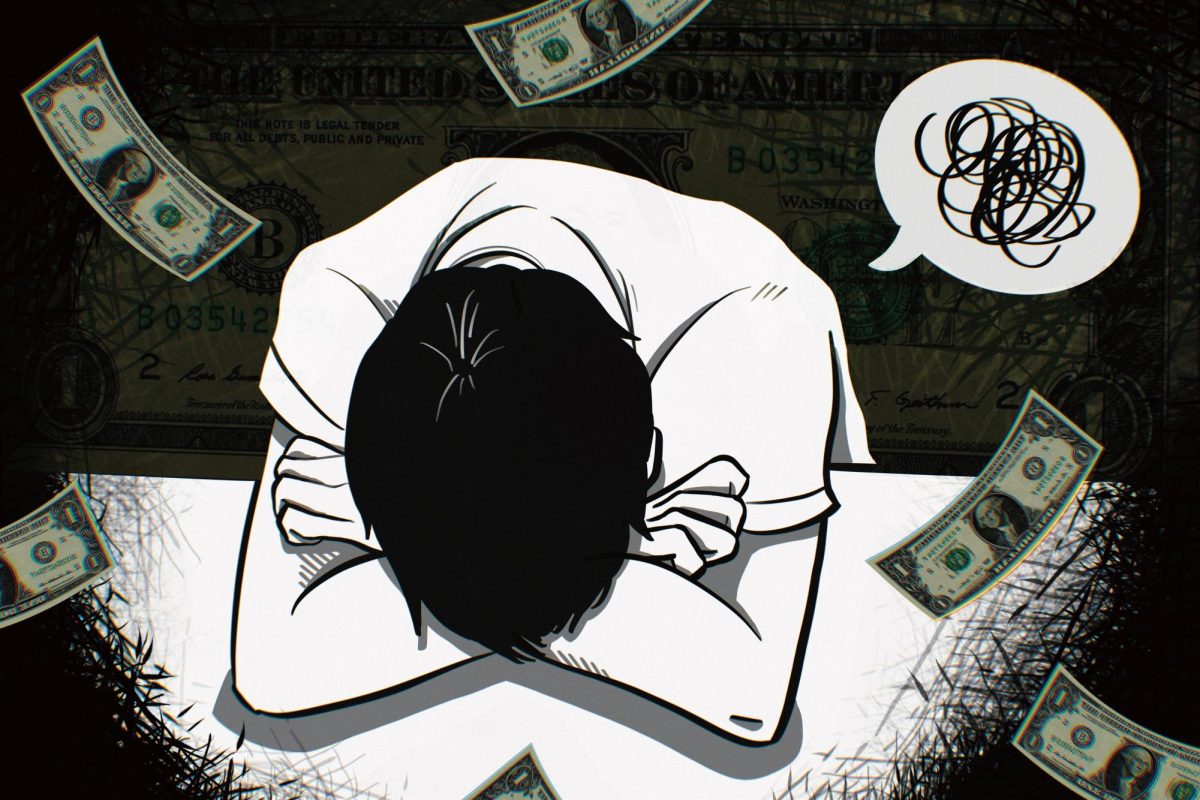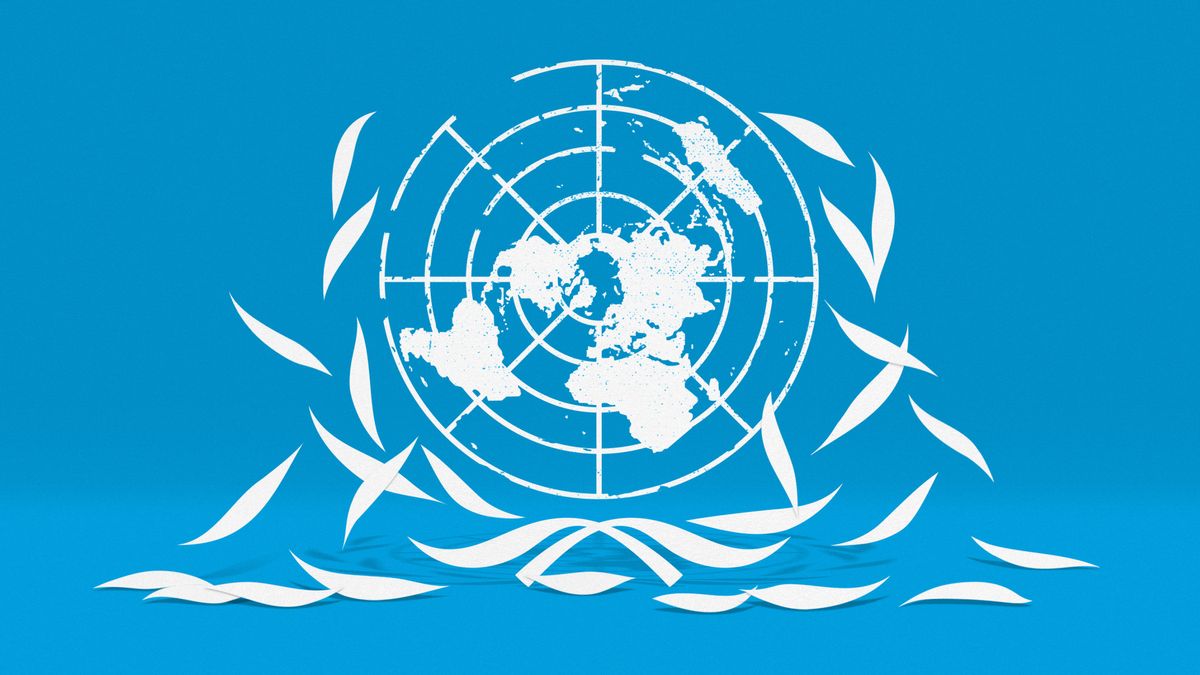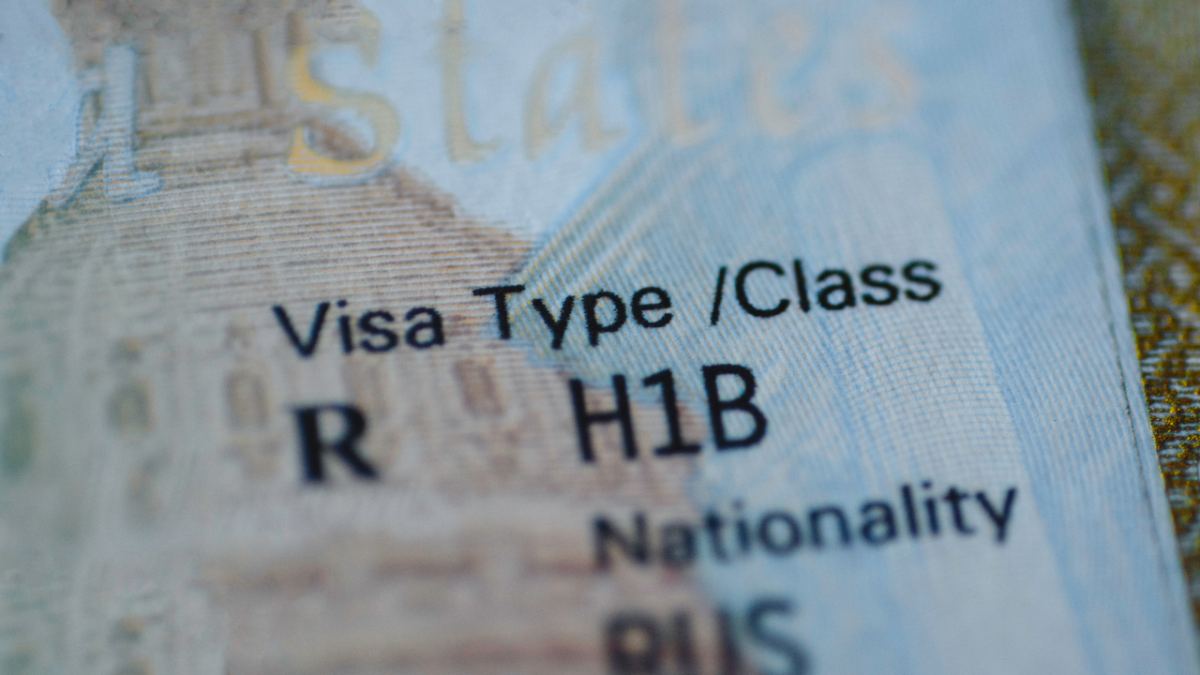As the one-year anniversary of the Russian invasion of Ukraine approaches, the conflict continues to drag on to the detriment of the Ukrainian people. Over 15 million people have departed the Ukrainian border, creating the greatest European refugee crisis since World War II. Figures regarding casualties are difficult to determine, but American officials estimated in November that over 100,000 Ukrainian soldiers had died, along with 40,000 Ukrainian civilians. This is not to mention the 100,000 Russian soldiers also estimated to have been killed.
The war’s constant appearance in headlines since last February has in many ways diminished the shocking impact it should have. The fact that such a conflict exists, on such a scale, in the 21st century is a reminder that peacetime is a privilege. The United States has shown considerable support for Ukraine up until this point, and this article outlines why the Biden administration and Congress should continue to do so.
The fundamental objection to the invasion by the vast majority of the international community is that it is illegal under international law. Article 2(4) of the United Nations Charter states that “All Members shall refrain in their international relations from the threat or use of force against the territorial integrity or political independence of any state, or in any other manner inconsistent with the Purposes of the United Nations.” Russia claims that it has the right to wage war under Article 51, which promises “the inherent right of individual or collective self-defense” if a nation feels threatened. In this case, Russia has accused NATO of violating collective agreements by expanding into Europe, and also alleges that the Ukrainian government has committed a “genocide” against ethnic Russians in the eastern regions of Luhansk and Donetsk.
Such claims, though, have little to no basis in fact. European collective security has been negotiated by Europe, the U.S., and Russia, and multiple diplomatic agreements have been signed to attest to this. The claims of genocide — defined under the Genocide Convention as an “intent to destroy, in whole or in part, a national, ethnical, racial or religious group,” — are also untrue. There is no evidence of such actions occurring in eastern Ukraine, and no part of international law that justifies a Russian invasion even if they had. Russia’s veto power on the United Nations Security Council means that a neutral UN force cannot be sent to counter this illegal invasion; NATO support for the Ukrainian war effort, therefore, constitutes the upholding of international law. The recent deal to send M1 Abrams and Leopard 2 tanks will help hold Russia accountable for this flagrant violation of international justice.
Another aspect to consider is the mounting evidence of Russian war crimes. The Associated Press and PBS Frontline have documented 628 incidents that could constitute a war crime under international law, including the brutal atrocities in Bucha during the Russian rule withdrawal. The U.S. itself has a mixed record of war crimes, but has recently toughened the prosecution of its own violations. Taking a firmer stand on foreign violations is similarly key to projecting a stronger image of the United States as a global defender of human rights, a priority not just for the Biden administration but for the American people as well.
It is this stance of defending human rights that ties into perhaps the most important reason for continued Ukrainian support. America has been “the great arsenal of democracy” since World War II, and this idea of defending democracy worldwide has its merits. Democracies, especially established ones, tend to be more peaceful. Ukraine is a fledgling democracy born out of the collapse of the Soviet Union in 1991. Protecting it will help ensure the strength of democracies elsewhere by showing they cannot be bullied out of existence. A stronger Ukraine means a stronger and more free world, reducing the prospects of violence and bringing the vision of peace that marked the end of the Cold War closer to fruition.
Image courtesy of Unsplash



